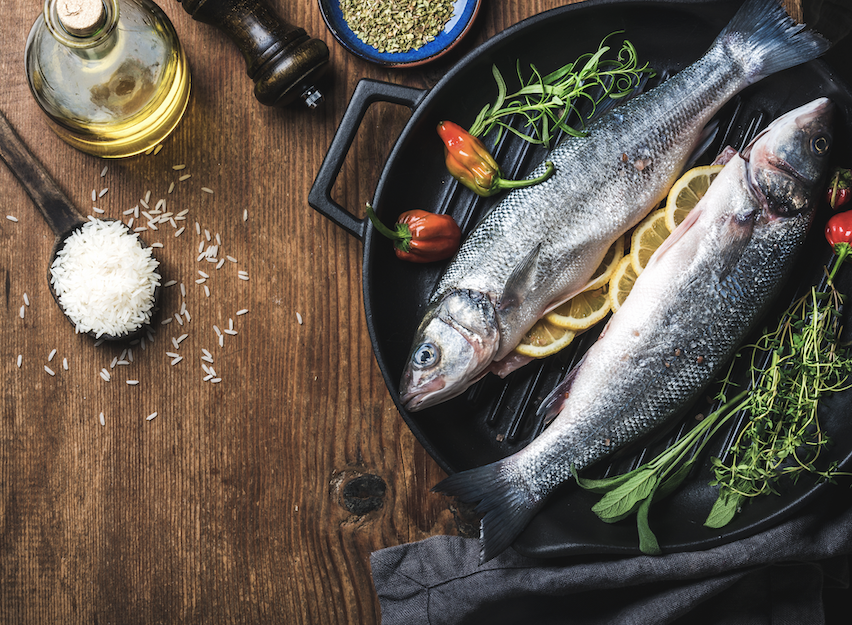
Does something smell fishy to you? According to recent studies, including one conducted by the nonprofit group Oceana, between 26 to 87 percent of seafood sold in the United States is mislabeled. It could be a less-desirable fish, like Asian catfish, being labeled as a prime catch such as grouper, a farm-raised fish being marketed as wild caught, or an imported shrimp labeled as locally sourced. While grocery stores must adhere to federal country-of-origin labeling laws, restaurants have not been held to those same standards. Seafood fraud is rampant in the foodservice industry and could very well become the next target for more transparent labeling mandates.
Recently, a bill was introduced in Louisiana that would require restaurants, nursing homes, schools, and other foodservice establishments to list the country of origin for their shrimp and crawfish on their menus or on a separate sign. Noncompliance with the proposed law would constitute a health code violation for the establishment. Given the importance of the local seafood market to Louisiana and other gulf states, honest labeling could promote businesses to buy local rather than use imported shellfish. Approximately 36% of Louisiana’s state revenue comes from the local shrimp and crawfish industry, however, despite the abundance of local shellfish some restaurants might still be serving imported products due to cheaper pricing, better availability, or improper labeling from their supplier.
The National Marine Fisheries Service, the federal agency responsible for the stewardship of national marine resources, estimates that nearly 80% of all seafood in the U.S. is imported. When it comes to shellfish, there can be a pretty big difference between locally caught and imported shrimp and crawfish. A 2015 Consumer Reports study found that of 5% of imported shrimp samples were contaminated with antibiotic residues. Some of these antibiotics are illegal to administer to food animals in the United States. Imported shrimp are primarily farmed, and under-regulated farms can lead to waste build-up in the habitats, breeding more bacteria and increasing the need for antibiotics. Additionally, shrimp farming has been criticized for having a large carbon footprint, contributing large amounts of waste and discard, and for being associated with human rights abuse towards the farmers and local residents.
Don’t be surprised if more local lawmakers follow Louisiana’s lead and you start to see more country-of-origin laws popping up around the U.S. In fact, this isn’t the first-time local lawmakers have implemented country-of-origin labeling laws at the restaurant level. Alabama, Arkansas, Louisiana, Mississippi, and Tennessee all have state laws requiring origin labeling for catfish on restaurant menus. Given the shift in the industry towards transparent nutrition and ingredient information, it only makes sense that product sourcing is the next factor that guests will take into consideration when choosing where to dine out.
To help protect your brand and to ensure you’re only selling properly labeled seafood, always work with reputable suppliers and make sure you can trace the sourcing of your ingredients.With the growing concern over seafood fraud and using only sustainable products, it’s in every operator’s best interest to start working towards complete transparency.



